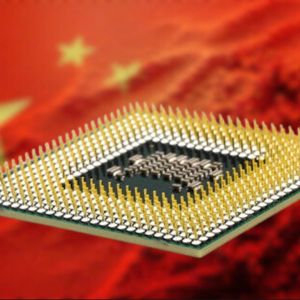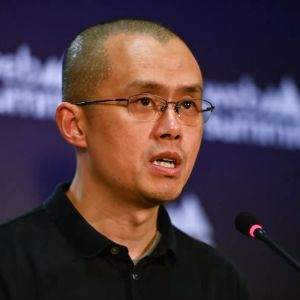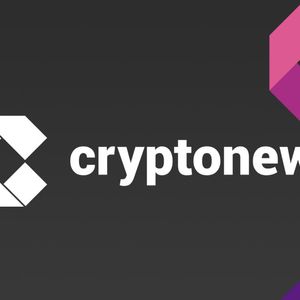European customers of GlobalFoundries Inc. have increased their demand for semiconductor supply chains that are not connected with either China or Taiwan. With geopolitical tensions rising and supply chain security becoming more important, Europe’s goal of achieving independent chip production capacity is accelerating. Clients are gearing toward non-Chinese, non-Taiwan semiconductor manufacturers GlobalFoundries Inc.’s Chief Executive Officer Tim Breen said that demand from clients for secure semiconductor supply chains independent from China and Taiwan is increasing. The company is responding to that demand by expanding its manufacturing operations in Dresden, Germany, to serve European customers worried about chip supply disruption for industries like automotive and energy, even if global tensions worsen. “Customers need to have non-China, non-Taiwan supply,” Breen said in an interview ahead of the company’s official unveiling of the expansion project. GlobalFoundries makes made-to-order chips that handle essential but less advanced functions such as power management. While not as high-tech as the processors made by companies like TSMC, these chips are crucial for many industries. Breen said that requests from major European clients, especially carmakers, have surged since the global chip shortage that hit during the coronavirus pandemic. The Dresden site is located in a region often called “Silicon Saxony.” German Chancellor Friedrich Merz is expected to attend the unveiling event. Merz previously warned that Europe risks losing competitiveness to the U.S. and Asia if it cannot strengthen its domestic chip capacity. Europe’s semiconductor ambition faces challenges Europe currently produces only a small share of the world’s chips, and its dependence on Asian manufacturers, especially those in Taiwan and China, has become a growing concern. Aside from the potential for supply chain disruptions, the issue is also being viewed as a national security challenge for European governments. The Dutch government seized chipmaker Nexperia last month due to concerns about its Chinese owner, Wingtech. The decision not only disrupted part of the supply chain for automotive semiconductors but also sparked protests from car manufacturers dependent on Nexperia’s chips. “We haven’t cracked the code yet on making supply security work fully in Europe and around the world,” Breen said. “Otherwise there wouldn’t be issues like what you’ve been seeing with Nexperia.” GlobalFoundries’ $1.1 billion investment in Dresden will increase the plant’s production capacity by 10%, enabling it to produce 1.1 million wafers annually when the first phase is completed in 2028. Breen said further expansion will depend on market demand and financial support from government subsidy programs. The European Union passed the EU Chips Act in 2023 with the aim of capturing 20% of the global market for advanced semiconductor production by 2030. However, Europe’s share stood at just 8.1% in 2024, making the goal increasingly difficult to reach. Major projects, such as Intel Corp.’s planned advanced chip factory in Germany, have faced repeated delays or cancellations. Although the EU Chips Act provides funds to encourage local production , some companies argue that the funding process is slow and uneven. In Germany, Taiwan Semiconductor Manufacturing Co. (TSMC) has received subsidies for a new factory in Dresden, built in partnership with European firms. Infineon Technologies AG also secured government support for its “Smart Power Fab” in the same city. GlobalFoundries’ chairman Tom Caulfield criticized the decision to grant subsidies to TSMC, saying it distorts competition in the market. In an interview last year with German newspaper Handelsblatt, Caulfield argued that smaller companies are being overlooked in favor of global giants. Breen confirmed that GlobalFoundries is still waiting to find out whether its Dresden project will receive full support from the EU Chips Act subsidies. The company has received an initial sum from the German government to begin construction, but final arrangements are still pending. “We’re confident that it will go through,” Breen said. “I think we know this fits the European objectives around security and sovereignty.” Claim your free seat in an exclusive crypto trading community - limited to 1,000 members.
















